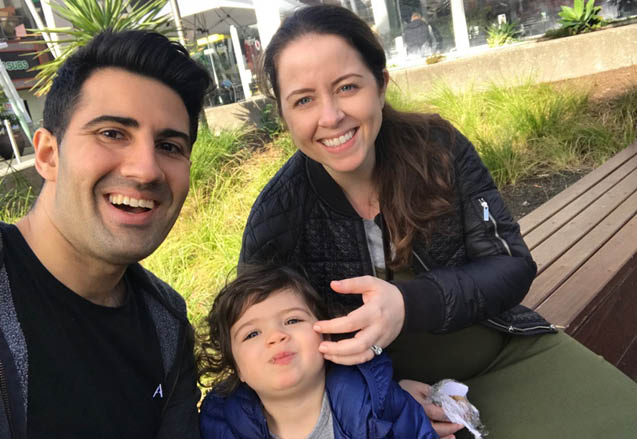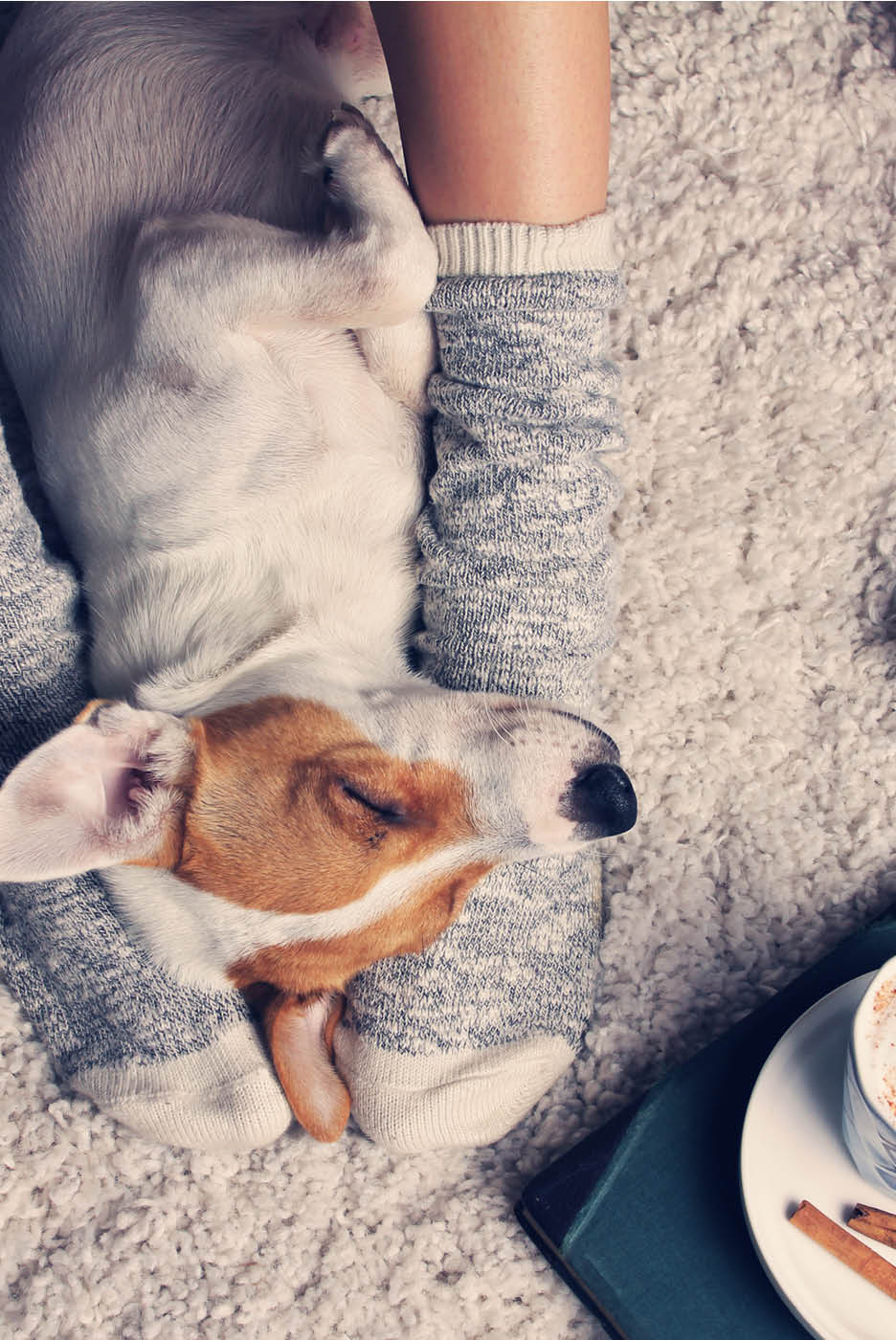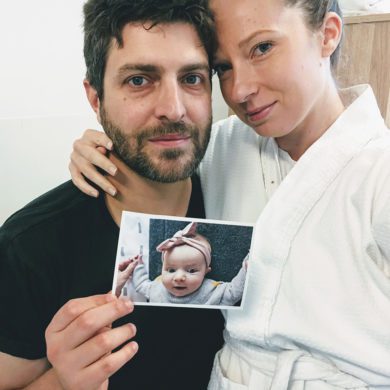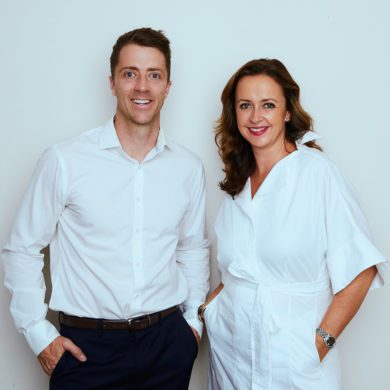As lockdown gradually lifts, Emilia Rossi is perfectly placed to enjoy all the cultural delights that Melbourne has to offer. From her airy flat in Docklands, she could stroll to world-class restaurants, meet friends at a waterside café or take her two children to the playgrounds and play centres nearby.
She could do all those things… but she won’t. Instead, Rossi, 38, plans to stay home in the next few months as much as possible, comforted by the knowledge that her small family is safe in the controlled, hygienic cocoon she’s created.
“We used to be out nearly every day,” says the marketing strategist. “But now I won’t go on public transport and I’m not even thinking about meeting friends at a cafe, or anything like that. The thought of resuming normal life makes me nervous.”
After weeks spent indoors, hoarding toilet paper and subsisting on Uber Eats, you’d have thought we’d all be eager to resume our pre-Covid lifestyles. But many of us, like Rossi, are feeling more anxious than excited by the idea of going out. This ‘post-lockdown anxiety’, as Anxiety UK called it earlier this month – or FOGO, as we’re calling it, because we like acronyms – threatens to keep us inside just as effectively as the threat of lockdown fines.

Yet as appealing as the prospect of living in leisurewear may be, we do have to venture outside at some point. Our mental health – and the economy – depends on it.
“I think if we all stayed at home and had the delivery guy poke our food through the door from several metres away, our society wouldn’t end up in a particularly friendly place,” says Dr Nicholas Van Dam, clinical neuroscientist at the University of Melbourne. “We need to find a way of re-engaging. Humans are very adaptive, and for some people that will be easy, but for others it’ll be a challenge.”
Research shows that anxiety levels rose when we first entered lockdown (one in four young women reported feeling very or extremely stressed), then subsided slightly as many of us became accustomed to our new, indoor existence.
“I think lockdown has been beneficial for a lot of people, particularly those with kids, as they’ve had time to reconnect without the stress of having to rush to soccer training or ballet, for example,” says clinical psychologist Dr Aliza Werner-Seidler of UNSW. “We couldn’t do all the things we might have been expected to do, because we weren’t allowed. And that was actually quite nice.”
While lots of us are now busily booking tables at restaurants, says Werner-Seidler, others are reluctant to leave the lovely cosy world we’ve created at home. A recent poll in the UK found 60 per cent of respondents would be uncomfortable returning to bars and restaurants when lockdown lifted.
We’ve had time to reconnect with family
For some, hygiene concerns are the obvious worry. But there’s also a level of social anxiety, too.
Since we entered lockdown, Van Dam argues, we were given very clear guidelines regarding what we could do. Now, we find ourselves evaluating the risk – or supposed risk – in almost every situation. “Even social greetings – which were already fraught for some people – present a new challenge,” says Van Dam. “Instinctively, we might want to hug or kiss someone, but we can’t. It’s awkward. So there’s this [additional] cognitive load that can be exhausting.”
Rossi describes herself running through a mental checklist when assessing risk. “Any outdoors activity I think is quite safe, because you can easily put space between you, or you can get up and leave. You’re in control,” she says. “But if I’m on a tram, I can’t just open the door if I feel a bit panicky – there are a lot of factors I can’t control.”
Hygiene concerns are the obvious worry
Anxiety increases with uncertainty and a loss of control, so the first step is to recognise that you can only control so much, says Van Dam. “You also have to embrace uncertainty a little – which I know is hard – and realise that we really can’t know what’s around the corner.” (Like, for example, a pandemic.)
Take tentative steps back into the world, adds Werner-Seidler – catch up with close friends in their homes or meet up in the open air. Accept, too, that the lockdown period may have changed you fundamentally. “This has been a fantastic opportunity to take stock and cultivate the type of life that is right for you, which might be less busy than it was before.”
And keep an eye on the data. Community transmission is low right now – daily infections are in single figures in most states – but premiers in New South Wales and Victoria are still discouraging people from taking public transport because of the difficulty of social distancing.
Interestingly, now that restrictions are easing, Van Dam believes the government’s messaging may shift from caution to reassurance as a way of boosting the economy. In China, local governments have been issuing citizens with coupons (with short expiry dates) to encourage people to go out and spend.
“I think it’s going to take a decent amount of encouragement to get us back out and spending in a regular way,” he says. “[Health officials] need to start talking about the benefits of being out in the world again, and I think for most people they’re going to have to hear quite frequently that things are safe, and there is a plan, and they know what they’re doing.”
Only then might all of us be happy to slide our feet from the comfort of our slippers and venture out.














No Comments